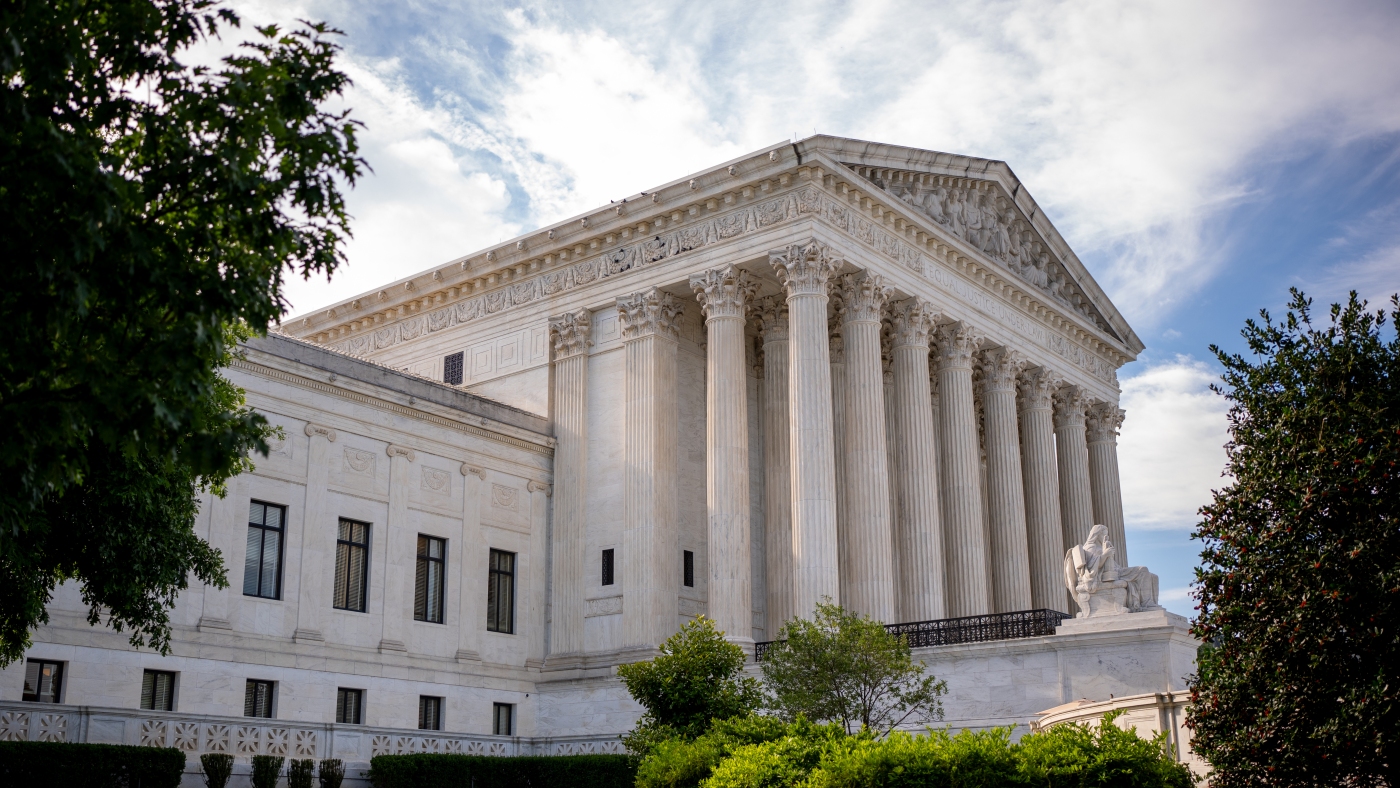Examining the Supreme Court’s Revival of the Atlanta Family’s Lawsuit: A Turning Point in Federal Law Enforcement Accountability
The Supreme Court’s recent decision to revive the lawsuit filed by an Atlanta family mistakenly targeted by an FBI “no-knock” raid in 2017 offers more than a mere procedural victory; it opens a window into the evolving landscape of federal law enforcement liability and citizens’ rights. This case highlights the delicate balance between safeguarding government operations and ensuring government agents remain accountable for errors that cause real human suffering.
The Traumatic Incident: When a Raid Goes Wrong
The events unfolding in Atlanta in October 2017 reveal a stark narrative of law enforcement overreach. Executing a predawn “no-knock” raid, an FBI SWAT team forcibly entered a private residence—shattering the front door and using flashbang grenades amid drawn firearms—only to later discover they had targeted the wrong home. Inside were Trina Martin, her son Gabe, and Toi Cliatt, who were subjected to an ordeal that left psychological scars particularly on a 7-year-old child.
This grave error prompted the family to seek justice under the Federal Tort Claims Act (FTCA), naming both the FBI and individual agents. The FTCA, shaped by Congressional amendments dating to 1974, provides a federal statutory path for citizens to hold the government accountable for personal injuries caused by negligence or misconduct of its employees. The family’s suit accused the agents of trespass, assault, and battery, anchoring their claim in a law designed to prevent exactly such abuses.
Navigating the Legal Labyrinth: Sovereign Immunity and Discretionary Functions
The legal journey following the raid faced daunting structural obstacles. In federal court, sovereign immunity traditionally shields government entities and employees from liability, complicating efforts to hold federal law enforcement accountable. Lower courts wrestled with whether the FBI agents’ “discretionary functions” fell within the immunity’s protective scope.
Parsing the 1974 FTCA amendments added layers of complexity. These amendments emerged as a legislative response to prior wrongful raids and aimed at curbing government overreach. The family’s legal team argued that Congress explicitly intended these amendments to enable victims of law enforcement misconduct to seek damages. Still, courts have historically hesitated to interpret the law in a way that could expose federal agents to excessive litigation risk, mindful of maintaining effective governance and public safety.
The Supreme Court’s Role: A Nuanced Revival of the Lawsuit
The Supreme Court’s unanimous decision to revive the lawsuit marks a critical inflection point. Rather than resolving the case’s substantive issues, the Court allowed the lawsuit to return to the lower courts for further examination. This step signals the Court’s openness to reconsidering how sovereign immunity and discretionary function exceptions apply in situations where law enforcement missteps cause significant harm.
Notably, the Court rejected the government’s categorical argument that the family could not sue under the FTCA for such law enforcement errors. Instead, the ruling carves out space for victims to pursue accountability without broadly undermining federal agents’ capacity to perform their duties. This balanced approach reflects judicial recognition of both citizens’ rights and pragmatic law enforcement needs.
Implications for Law Enforcement and Civil Rights Litigation
The Supreme Court’s decision carries significant implications. It potentially expands the legal avenues available to victims of mistaken raids, excessive force, or similar law enforcement abuses to hold federal authorities accountable. By refusing to grant bare immunity, the Court invites a more nuanced, case-by-case evaluation of claims rather than a blanket shielding of government actions.
This development could catalyze more diligent operational protocols within federal agencies, encouraging better training, clearer guidelines, and stronger oversight to minimize wrongful actions. It also reaffirms the 1974 Congressional intent embedded in the FTCA amendments, ensuring that victims maintain the right to seek redress without opening floodgates to frivolous lawsuits.
A Path Forward: Justice Balanced with Effective Policing
The decision to revive the Atlanta family’s lawsuit represents a pivotal moment in balancing justice and law enforcement efficacy. It sends a potent message: mistakes as severe and disruptive as the mistaken FBI raid cannot be dismissed through expansive immunity doctrines. Simultaneously, the ruling carefully avoids curtailing law enforcement’s ability to function decisively when public safety demands.
By affording victims a voice and encouraging scrutiny of federal procedures, this ruling may inspire reforms to minimize tragic errors in future operations. It highlights the ongoing challenge of aligning the formidable powers of government agencies with the inviolable rights and dignity of the individuals they serve.
—
In embracing this case’s complexities, the Supreme Court underscores an enduring truth within a constitutional democracy: accountability and authority must coexist. The ruling sustains hope for families seeking justice against wrongful government actions and fosters a legal environment that respects both security and civil liberties. It captures a critical juncture in the quest to ensure that law enforcement, while empowered, remains firmly tethered to the rule of law and human compassion.

